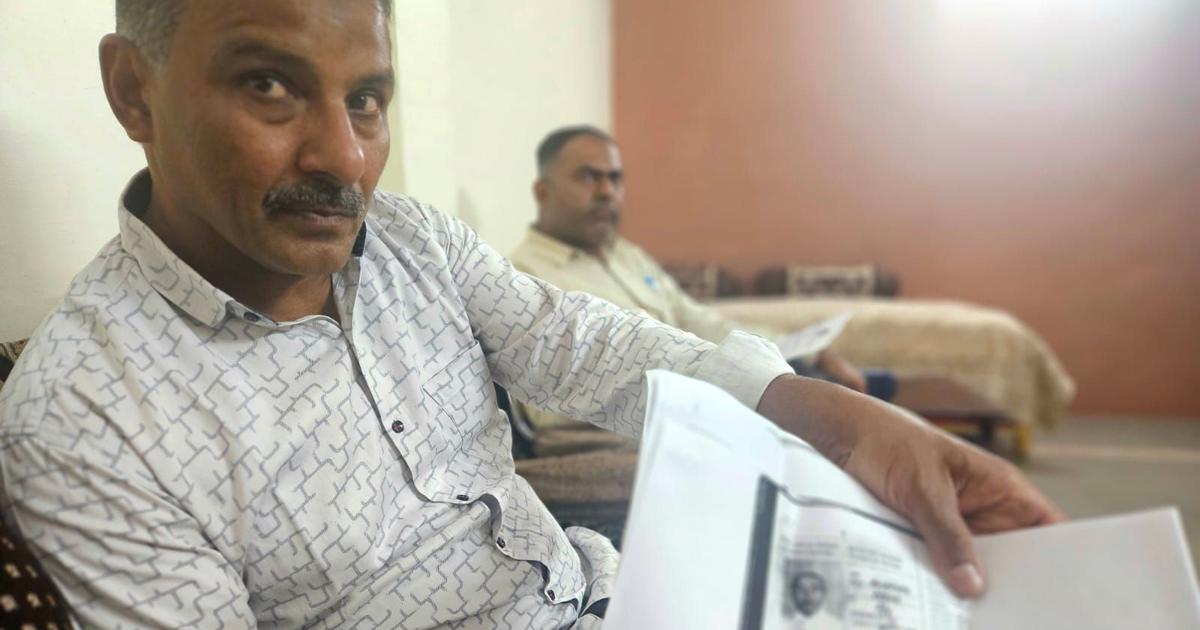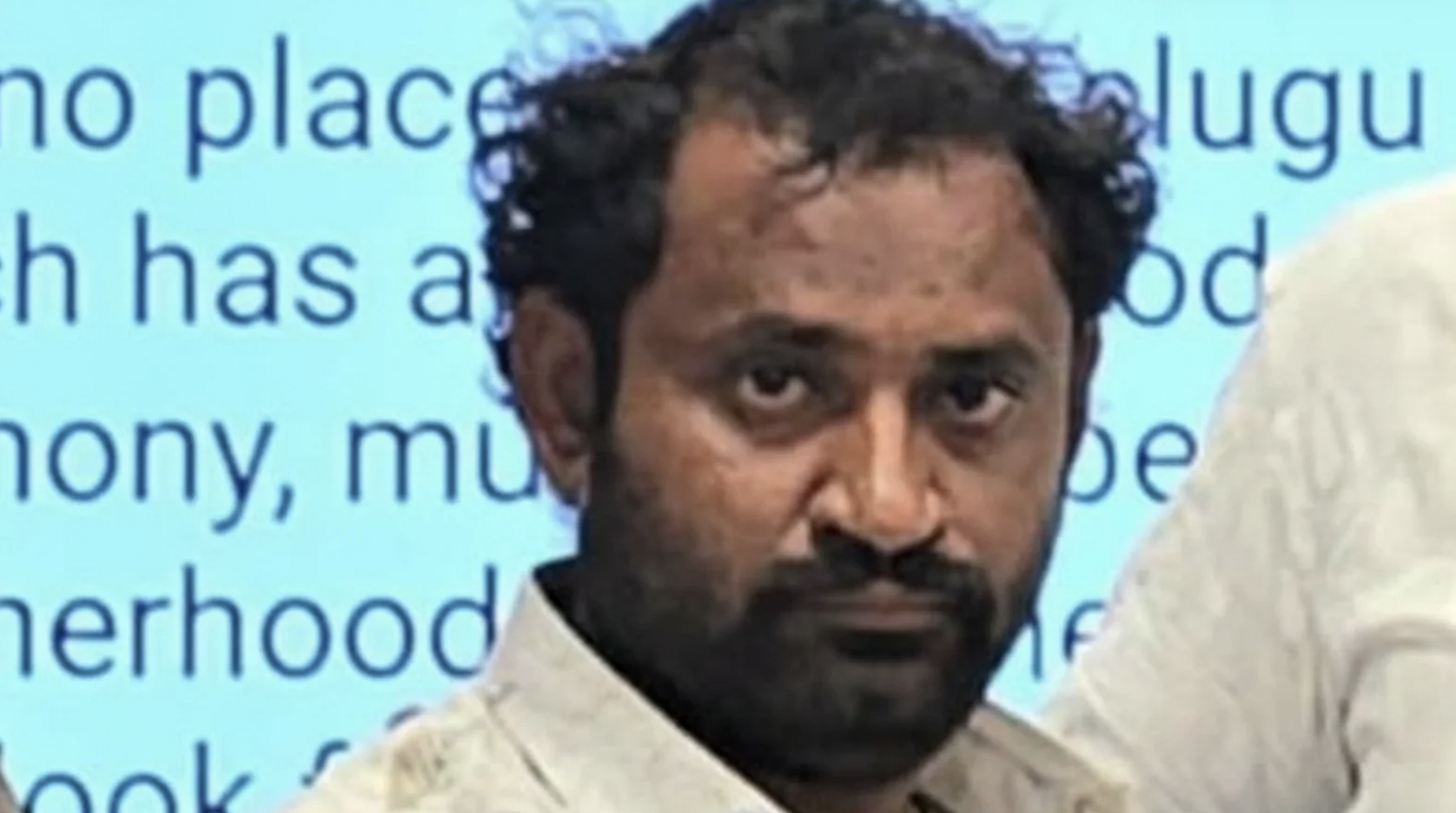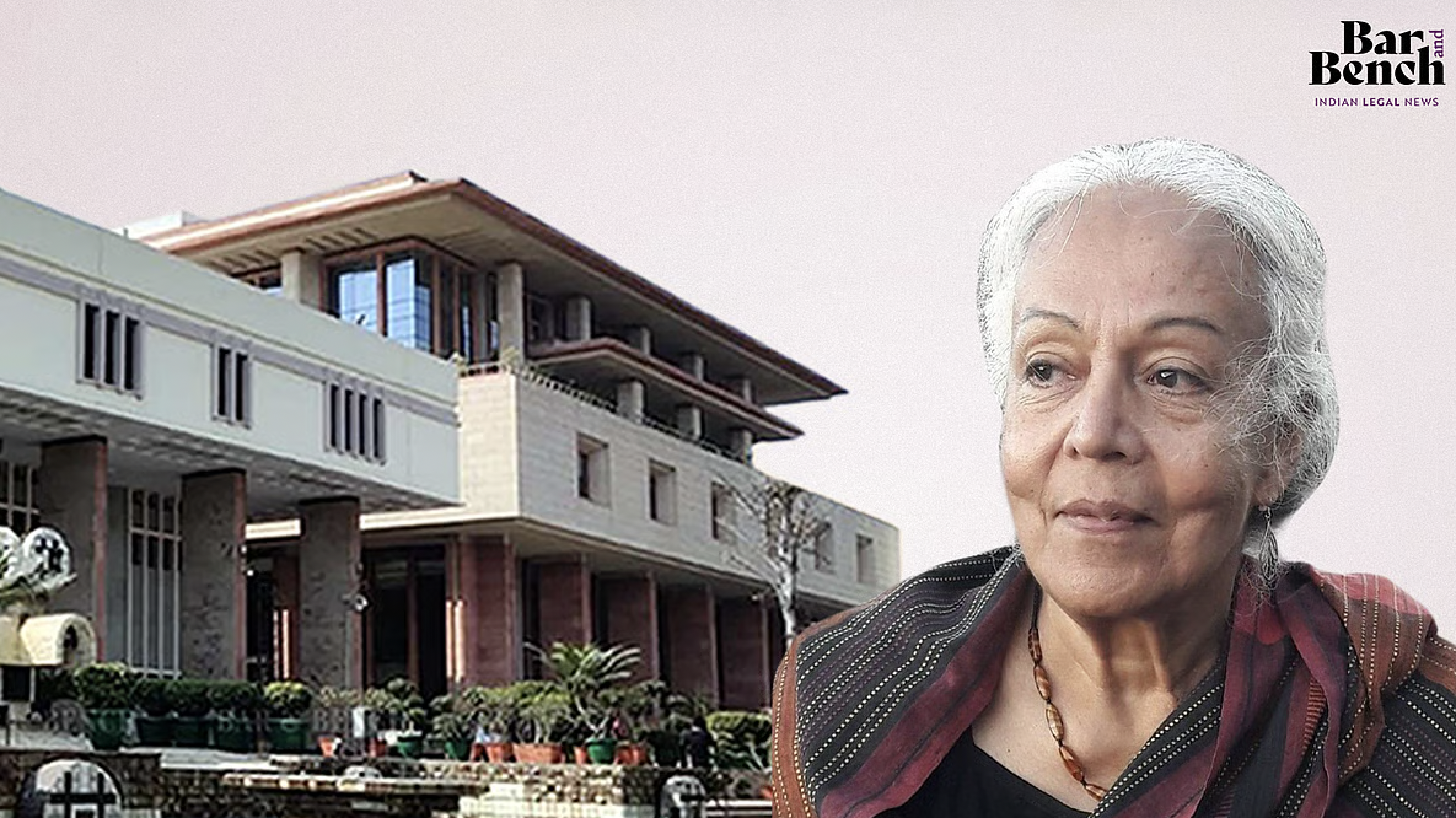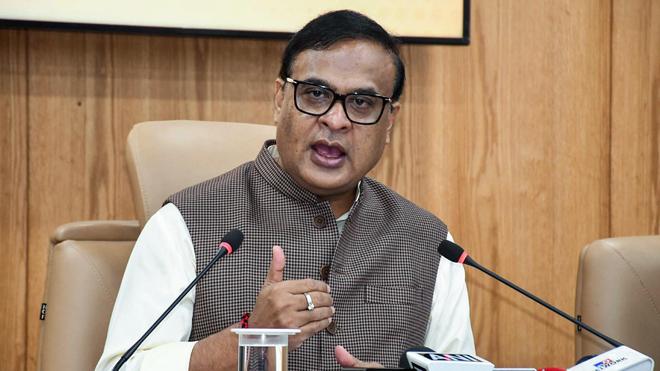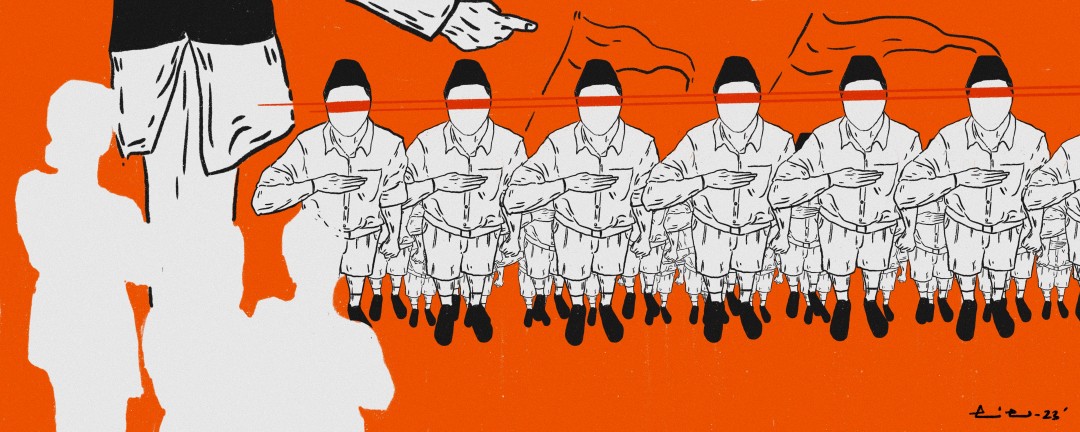
By The Wire Staff
New Delhi: India’s political system facilitates discrimination against religious minorities, with ties between the ruling Bhartiya Janata Party (BJP) and the Rashtriya Swayamsevak Sangh (RSS) enabling “discriminatory” laws, according to the latest update brief from the United States Commission on International Religious Freedom (USCIRF) on the South Asian country.
The bipartisan US Congress-backed body released an India-specific issue update that claimed “the implementation of national and state-level laws create severe restrictions on religious freedom across the country.”
There has been no response from the Union government so far. But, after the release of the 2025 annual report by USCIRF in March this year, the Ministry of External Affairs dismissed it and claimed that the US body was continuing “its pattern of issuing biased and politically motivated assessments”.
It concluded that “despite offering some constitutional protections for FoRB (Freedom of Religion or Belief), India’s political system facilitates a climate of discrimination toward religious minority communities.”
Further, it noted that the “interconnected relationship” between the BJP and the RSS, which it describes as a “Hindu nationalist group,” has led to “creation and enforcement of several discriminatory pieces of legislation, including citizenship, anti-conversion, and cow slaughter laws.”
Since 2014, the BJP has “enforced sectarian policies seeking to establish India as an overtly Hindu state, in contrast with the secular principles of the constitution”.
The USCIRF asserted that the enforcement of these laws “disproportionately targets and impacts religious minorities and their ability to freely practice their religion or belief as outlined in Article 18 of the International Covenant on Civil and Political Rights (ICCPR), to which India is a signatory.”
This story was originally published in thewire.in. Read the full story here.



